Tenet fails Elizabeth Debicki's Kat in a big, big way
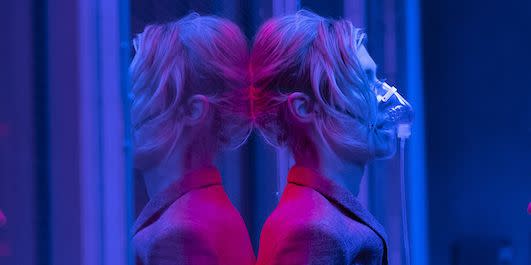
Christopher Nolan's Tenet was charged with the insurmountable task of saving cinema from *gestures wildly around* and it seems he's basically done it. Whatever your feelings about the film are, in the UK at least the timey-wimey heist film has pulled in great numbers at the box office and, it seems, people are heading to cinemas to see it.
We're not surprised – the anticipation for Tenet has been mounting and, unlike The New Mutants (sorry) all the press leading up to it has been positive. That it's finally in cinemas in the UK and heading to US cinemas on Friday, September 4, has only buoyed the excitement for the film.
At Digital Spy, we gave it a positive four stars for its impressiveness visually, but also for the acting of its lead stars: John David Washington and Robert Pattinson. But in that leading set, there is another name whose character didn't quite give her the same recognition: Elizabeth Debicki as Kat.
Warning: Spoilers for Tenet follow.
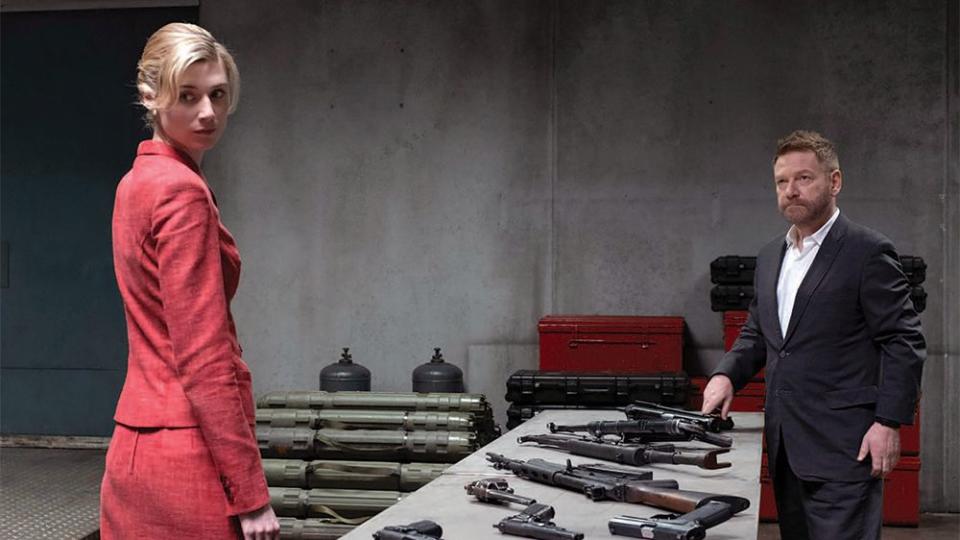
What impressed us most about Washington and Pattinson is how much they were able to do with – sorry Mr Nolan – very thin characters. Tenet is a film that is entirely its concept: the time inversion.
As such, the characters are merely mechanisms to move the plot, and the plot is merely there to make time inversion into a story as opposed to a thing. As such, there's not a lot of meat on the bones of Tenet, yet the aforementioned duo manage to captivate the screen.
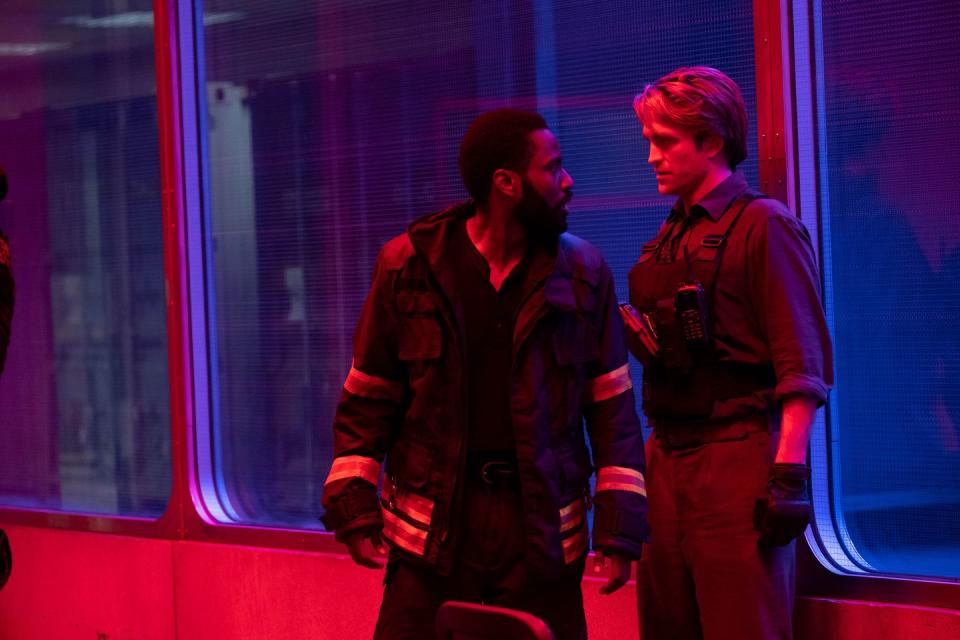
Of course, Debicki is captivating too – in particular, her physical performance is astounding. Debicki's height, which so often seems to be shrouded, is in full force in Tenet. Nolan knew how to make her height part of her character (as any woman over 5'8" will tell you, being a tall woman can have its societally-normative drawbacks).
As she's trapped in the speeding car, she manages to unlock the doors with her foot from the backseat. As Kenneth Branagh's Sator leads her down the hallway, she's hunched forward, limbs jerking forward, and her stature is impressive compared to him, a tiny man.
And yet, this is seemingly all Kat is. Her character, her importance, is down to her height and her proximity to a man; she is only useful because of her relationship to Sator, and has no other qualities that would make her helpful to the mission.
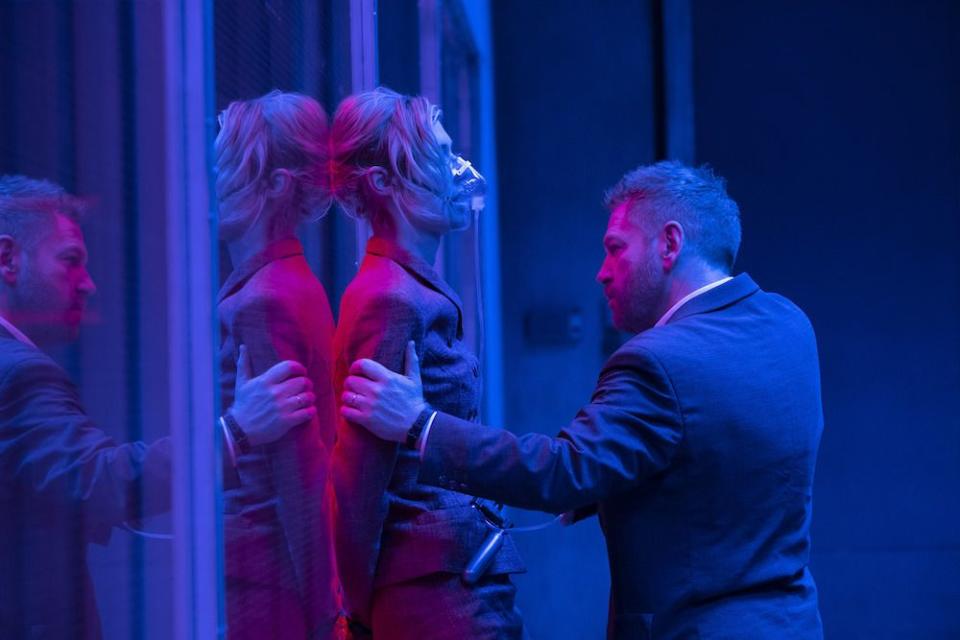
Related: Unravelling the mysteries of Christopher Nolan's spy thriller Tenet
In fact, the one job she's given that she can exercise of her own accord, she basically screws up (though her murdering Sator two minutes too early doesn't actually cause problems, even though the characters panic about it for a second). Even her moments of reflection are entirely about other people – her husband, or her son.
Neil and the Protagonist both, despite their flat personalities, are useful in and of themselves; their worth isn't tied to each other, or anyone else. They are key, they are the men who will save the world, whereas Kat is an accessory, a tool to be used in their quest and a symbol of all of Sator's hatred and need for control (which is heavy-handedly explained).
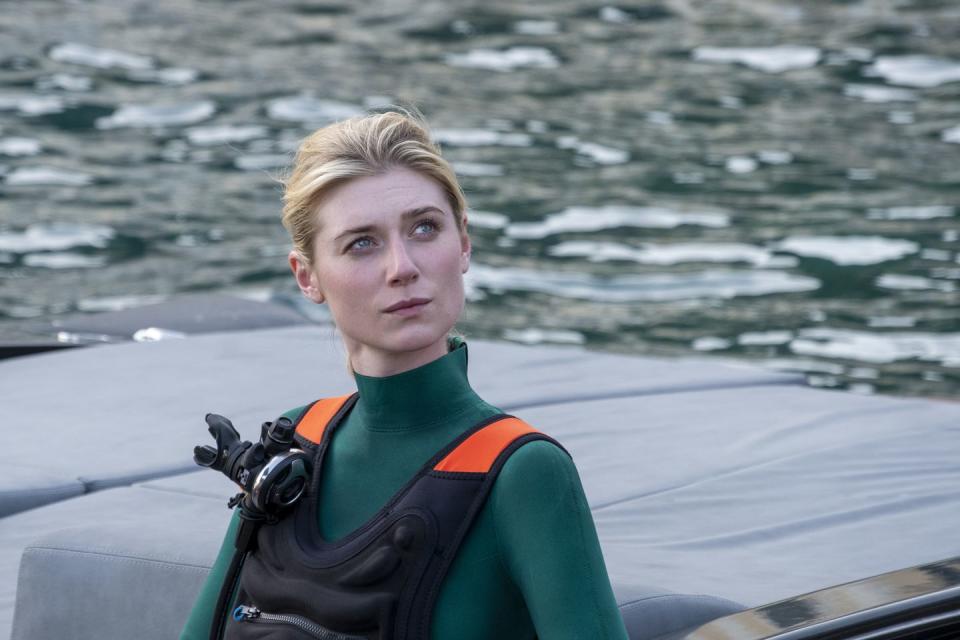
Does every character need to be fleshed out? No, of course not. But for a seemingly lead character, one who is integral to the plan to save the world, it would have been nice for her value not to be tied to a man, for her worth to come from an innate quality, skill, talent, or desire.
Instead, she is subject to the whims of the push-pull of time inversion. She spends a good chunk of the film unconscious on a gurney, a literal prop to the two lead stars.
If Tenet had other women of more substance, it might not have been so egregious, or obvious, an oversight. We have Dimple Kapadia's Priya, a thinly laid out baddie who, like Kat, is merely a tool, and a symbol for "the big bad patriarchy" (again, we're helpfully and hamfistedly reminded of this in the dialogue) but Nolan doesn't seem to know what to do with these observations he's made about women's place in a "man's world".
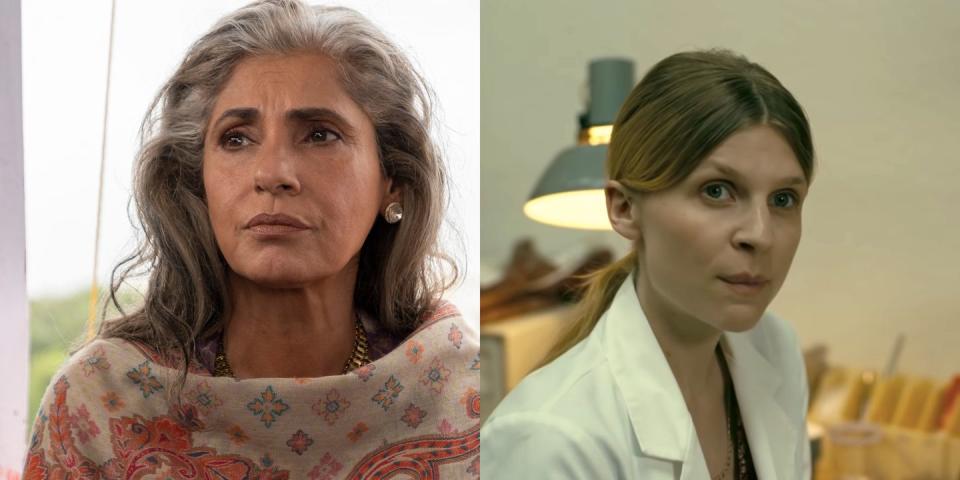
Then there's Clémence Poésy's Barbara, the scientist who "explains" time inversion to the audience (and the Protagonist of course) and is never seen or heard from again. There's Wheeler (Fiona Dourif), the woman version of Aaron Taylor-Johnson's Ives who is given a handful of lines, a meagre amount compared to Johnson's, and is far less important to the story.
We don't want to make it seem like we didn't enjoy Tenet in spite of all this. We did – but there are undoubtedly women watching this film and noticing this, and wondering when it will be their turn to be the Protagonist.
Tenet is now out in cinemas.
Digital Spy has launched its first-ever digital magazine with exclusive features, interviews, and videos. Access this edition with a 1-month free trial, only on Apple News+.
Interested in Digital Spy's weekly newsletter? Sign up to get it sent straight to your inbox.
You Might Also Like

